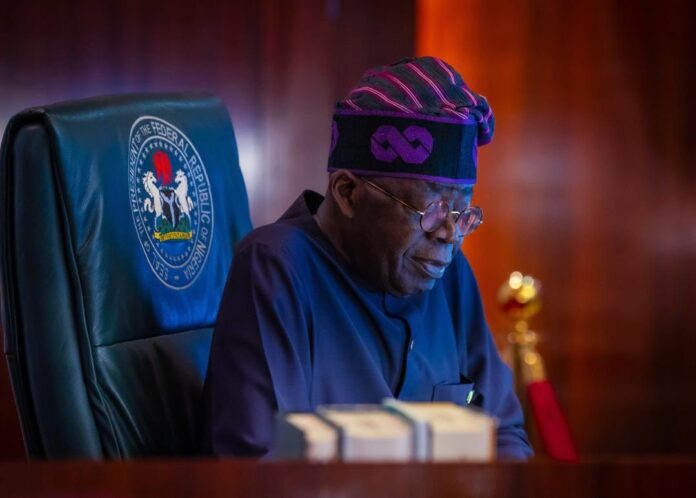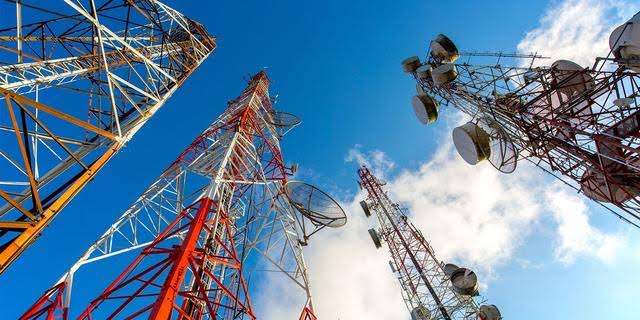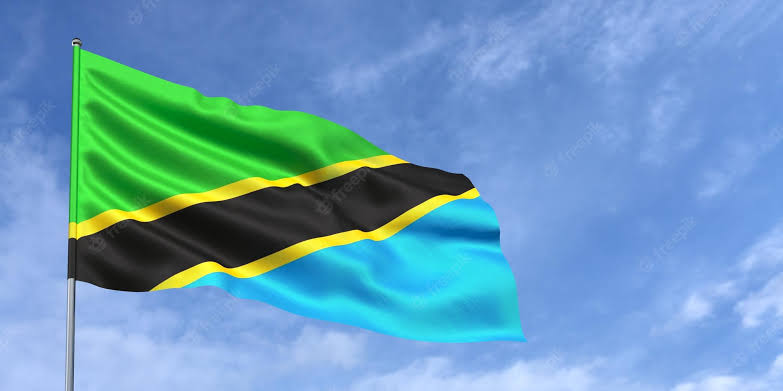The Federal Government of Nigeria will bring back the 5% tax fee that was put on mobile, fixed, and Internet services earlier this year.
Mrs Zainab Ahmed, Minister of Finance, Budget, and National Planning, announced the telecom tax increase in a circular dated April 20, 2023.
According to Prof. Isa Pantami, Nigeria’s Minister of Communications and Digital Economy, the government took away the excise duty tax from the telecom sector last month.
This was done based on the recommendations of the Presidential Review Committee, which looked into whether the duty should be applied to the telecom sector, which is already thought to have too many taxes and other fees.
Prof. Isa Ali Pantami at that time stated that it was part of the government’s commitment to reviewing the amount of taxes that operators in the telecom business are subject to. But now, the FG is reneging on that to uphold the country’s 5% excise duty for telecom operators.
Read also: House of Representatives probe NCC failure to promote mobile telecom services
Telecom tax problem
The Federal Government stated in July 2022 that there would be a 5% telecom excise duty levy to bring in more money. “It’s common knowledge that our income can’t cover our financial obligations, so we need to focus on income from sources other than oil,” said Zainab Ahmed, the minister of finance, budget, and national planning.
Telecom companies said that normal Nigerians would pay the fee by increasing the consumption tax on telecom services to 12.5%.
The National Association of Telecoms Subscribers sued the Federal Government in response.
A committee reviewed the tax after the administration suspended it. During the first meeting of the Presidential Committee on Excise Duty for the Digital Economy Sector, Prof. Pantami made the announcement.
The minister said that the information, technology, and communication sector, especially the telecom business, is already overburdened by too many different taxes, which will hurt the sector if the government doesn’t do something.
Pantami remarked, “The ICT sector is being overburdened with too many types of taxes,” adding, “If care isn’t taken, this will put at risk the progress we’ve made in the sector so far.
Pantami declared in March 2023 that the government would remove telecoms from excise taxes since it cared about Nigerians’ hardship.
Pantami, who led the Committee to evaluate the excise tax, said the Committee had done its national job and delivered to the President its report explaining why the industry should be disregarded.
Telcos pay high taxes
In response to the committee’s evaluation of the excise duty, Professor Pantami stated that operators in the Nigerian telecommunications sector already pay a substantial amount of taxes, fees, and levies.
In the press conference explaining President Buhari’s excise tax removal, Prof. Isa Alli Pantami noted that telecom operators in the digital economy industry pay 41 different taxes, levies, and charges.
Mr. Tony Emoekpere, who is the President of the Association of Telecommunications Companies of Nigeria, said that putting an excise duty tax back on telecom services would bring back a lot of problems for the business.
The advantages of getting rid of it would be lost, he claimed, if it were brought back. We regress. We usually complain about taxes, so when the federal government eliminated excise duty, that helped.
Recall that some of the numerous taxes we must deal with are imposed in jurisdictions over which the federal government has no direct control, such as the states. Restoring it puts us back where we started.
It’s important to note that telecoms have always been a big part of the Nigerian economy in terms of gross domestic product (GDP).
Another reason to resist the excise duty in the telecom sector is that, while the cost of all production elements has gone up, leading to increased pricing for products and services, the cost of service in the telecom sector has stayed the same or even gone down over the past few years. “Adding more burden will destroy the sector,” the minister remarked in March.
Gambia Praises Nigeria on Telecom Regulation
What the latest circular says
Taiwo Oyedele, a partner at PwC and the Africa Tax Leader, put the memo on LinkedIn. The circular was called “Approval for the Implementation of the 2023 Fiscal Policy Measures and Tariff Amendments.” It had the number HMFBNP/MDAs/CIRCULAR/2023 FP/04.
In the circular, the Minister stated that the excise duty on telecommunication services, which had been put in place through the Finance Act 2020 and written down in the Official Gazette No. 88, Vol. 109, of May 11, 2022, with the President’s approval, would be put into effect.
It says that the 5% tax applies to GSM mobile phone services, landline phone services, and internet services, both for postpaid and prepaid customers.
The policy further introduces additional excise taxes ranging from 20% to 100% increases on previously approved rates for alcoholic beverages, tobacco, wines, and spirits, effective June 1, 2023.
It said, “The revised excise duty rate on alcoholic drinks and tobacco products in line with the existing excise regime implementation period shall take effect from June 1, 2023, and shall be reviewed upwards in line with the new regime by June 1, 2024.”
“These are new and higher ad valorem excise charges and specific rates that are in addition to the 2022 FPM’s approved Roadmap for 2022-2024. The excise fee rate on non-alcoholic drinks, on the other hand, remains at N10 per litre.”
“The excise duty on single-use plastics will also go into force on June 1, 2023.” “On the other hand, the excise duty rate on telecommunication services will stay the same as it was passed by the President and published in the Official Gazette No. 88, Vol. 109, on May 11, 2022.”
“The tax is 5% and applies to both postpaid and prepaid mobile phone, landline, and internet services.”




